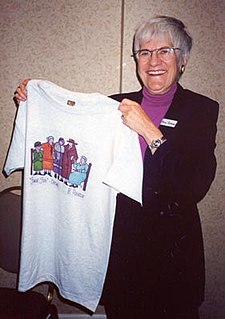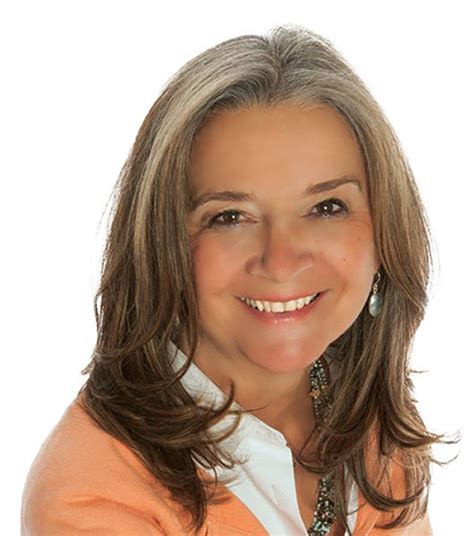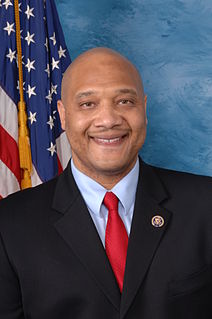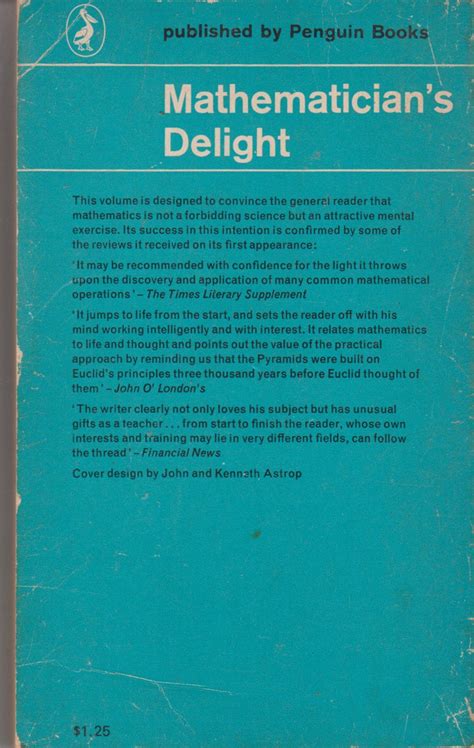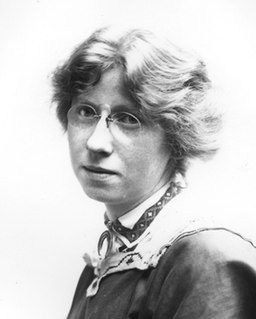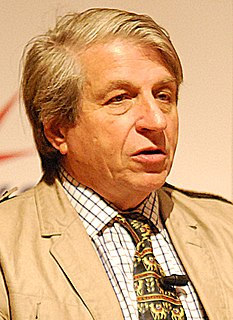A Quote by Barbara Paterson
I believe that teaching is a creative art in which evidence based knowledge is applied toward meeting the learning goals of learners. I believe that effective teaching is often the spark that ignites the imagination, possibility, and promise for learners, including the teacher.
Related Quotes
Schools must inquire deeper into their own practices, explore new ways to motivate their learners, make use of learning styles, introduce multiple intelligences, integrate learning, and teach thinking, and in the process discover the passion and moral purpose that makes teaching exciting and effective.
... there are moments in which the teacher, as the authority talks to the learners, says what must be done, establishes limits without which the very freedom of learners is lost in lawlessness, but these moments, in accordance with the political options of the educator, are alternated with others in which the educator speaks with the learner.
Teaching is more difficult than learning because what teaching calls for is this: to let learn. The real teacher, in fact, lets nothing else be learned than learning. His conduct, therefore, often produces the impression that we properly learn nothing from him, if by "learning" we now suddenly understand merely the procurement of useful information.
Most of us are visual learners. Some of us are auditor learners – we learn by hearing. Many of us are kinesthetic learners. We learn by doing, touching, feeling. I have found … that we need an educational model that is current, that meets the need of our students. America must understand that she needs Muslims.
I really see no harm which can come of giving our children a little knowledge of physiology. ... The instruction must be real, based upon observation, eked out by good explanatory diagrams and models, and conveyed by a teacher whose own knowledge has been acquired by a study of the facts; and not the mere catechismal parrot-work which too often usurps the place of elementary teaching.
When we find ourselves unable to reason (as one often does when presented with, say, a problem in algebra) it is because our imagination is not touched. One can begin to reason only when a clear picture has been formed in the imagination. Bad teaching is teaching which presents an endless procession of meaningless signs, words and rules, and fails to arouse the imagination.
I believe in teaching just a few students, as teaching requires a constant alert observation on each individual in order to establish a direct relationship. A good teacher cannot be fixed in a routine, and many are just that. During teaching, each moment requires a sensitive mind that is constantly changing and constantly adapting.
The purpose of studying Buddhism is not to study Buddhism, but to study ourselves. That is why we have teaching. But the teaching is not ourselves. It is some explanation of ourselves. To study the teaching is to know yourselves. That is why we do not ever attach to the teaching, or to the teacher. The moment you meet a teacher you should leave the teacher, and you should be independent. You want a teacher so that you can be independent. So you study yourselves. You have the teacher for yourselves, not for the teacher.
There is a great need for a new approach, new methods and new tools in teaching, man's oldest and most reactionary craft. There is great need for a rapid increase in the productivity of learning. There is, above all, great need for methods that will make the teacher effective and multiply his or her efforts and competence. Teaching is, in fact, the only traditional craft in which we have not yet fashioned the tools that make an ordinary person capable of superior performance. In this respect, teaching is far behind medicine, where the tools first became available a century or more ago.
